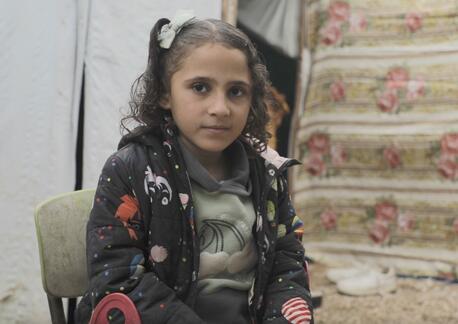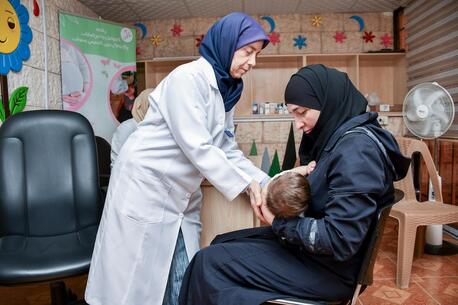
In Emergencies, Breastfeeding Keeps Babies Alive
During humanitarian crises, breastfeeding can be even more important for a baby's survival. Every child has the right to the best possible start in life. UNICEF and partners are there to help.
Even when a mother's diet is limited, she still produces safe, nourishing breast milk that will strengthen her baby's immune system
Breast milk is the perfect first food, filled with micronutrients that support brain development and provide lifelong benefits for both mother and child.
In short, breastfeeding provides babies the best possible start in life — which is why UNICEF works so hard with partners all around the world to promote and support the practice.
And in emergency settings, breastfeeding can become even more vital to a baby's survival and future well-being.

For families displaced by conflict or climate shock, breastfeeding guarantees a safe, nutritious and convenient food source for babies
When families are forced out of their homes, with little or no access to food, safe water, sanitation and basic health care, it's babies and young children who are most vulnerable to infectious diseases and severe malnutrition.
In these situations, breastfeeding guarantees a safe, nutritious and convenient food source for babies and a protective shield against disease and death.
Even when a mother's diet is unbalanced or limited, she still produces nourishing breast milk that will strengthen her baby's immune system.
At a UNICEF-supported pediatric clinic in Deir al Balah, central Gaza Strip, a mother named Shahd held her 6-month-old daughter, Nadia, in her arms. "We are from the north and have been displaced for nine months," she said. "The situation is very tough; we endure extreme heat and suffer greatly from insects."
"I am committed to breastfeeding my baby as it benefits her the most. Sometimes I find it challenging to breastfeed naturally due to fatigue and inadequate nutrition, but I will continue to do the best I can,” she added.
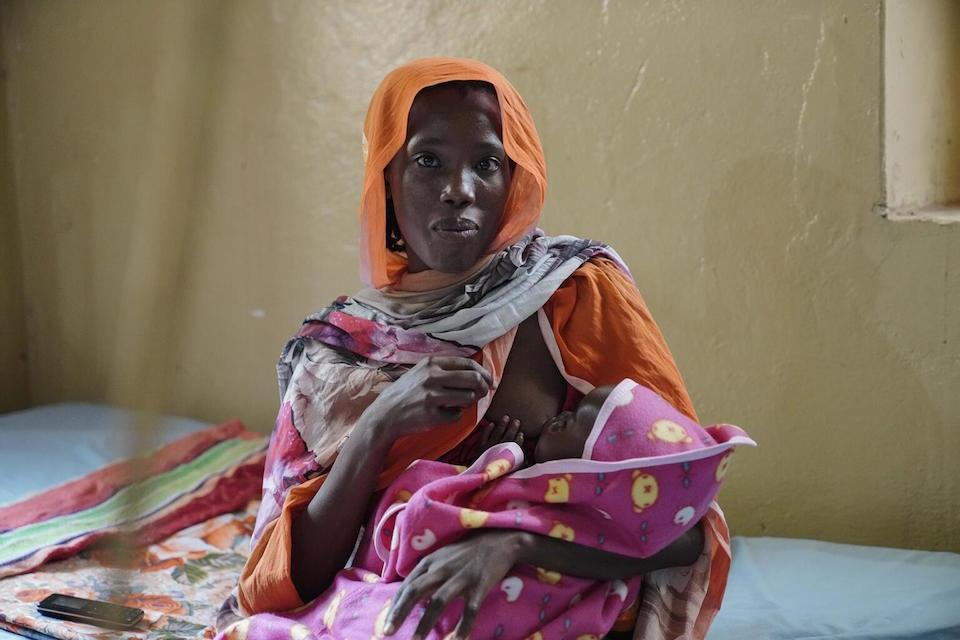
Breast milk substitutes pose health risks to babies, particularly in emergency settings
Substitutes for breast milk, on the other hand, pose significant health risks to babies — particularly in emergency settings, where quality is difficult to ensure and access to safe drinking water is limited.
UNICEF recommends the use of infant formula only after all other options have been explored. UNICEF and the World Health Organization have issued clear guidelines for parents, caregivers and health professionals to ensure the safe and appropriate use of infant formula.
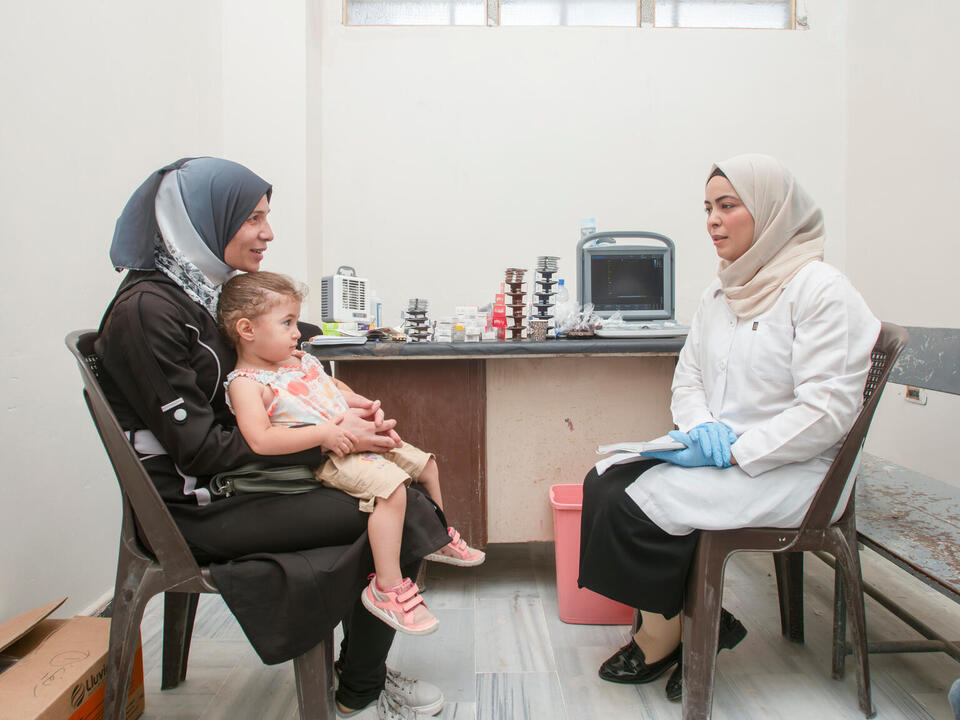
UNICEF-supported health workers provide mothers with the care and guidance they need to breastfeed successfully
“I thought that mother’s milk doesn’t have enough nutritious value for babies," Zainab, a 38-year-old mother of seven in Syria. Displaced by the ongoing conflict in 2011, Zainab, her husband and their children moved from place to place until settling down two years ago in Hazzeh village, Rural Damascus.
After delivering her daughter Athinat in 2022, Zainab heard about a UNICEF-supported mobile clinic visiting her village to offer health and nutrition services to mothers and children. She took her daughter immediately for a check-up.
"While waiting for my turn, a doctor explained the importance of breastfeeding," Zainab recalled. “The session was so enlightening. I didn’t know that mother’s milk is so important for the child’s health. Because of the session, I decided to commit to breastfeeding Athinat,” she said.
The team provided her with guidance on breastfeeding techniques and recommended foods to improve her milk supply.
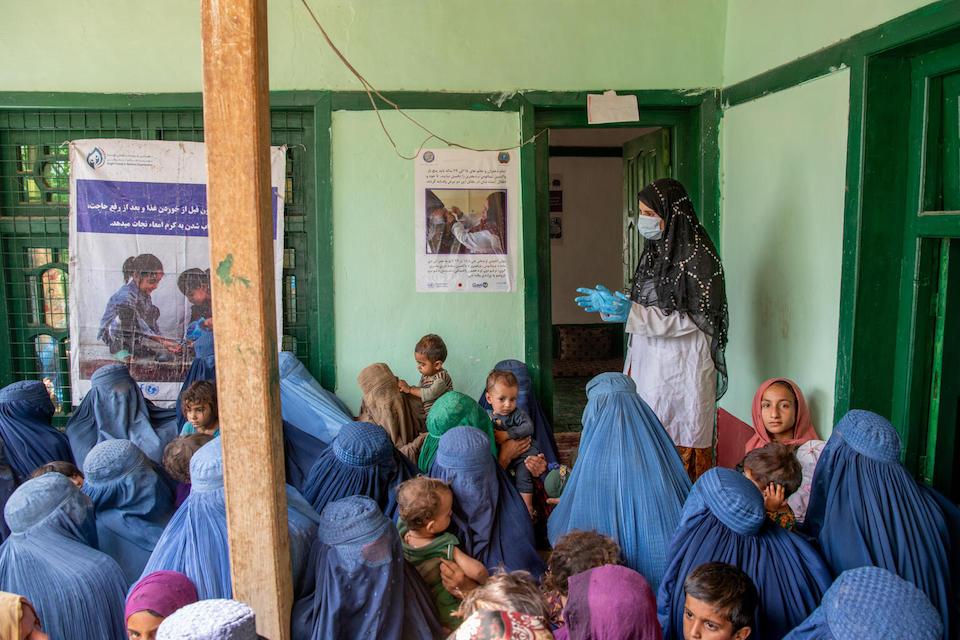
When mothers receive the support they need to breastfeed their babies, everyone benefits
UNICEF’s vision for breastfeeding is founded on the understanding that breastfeeding is not a one-woman job. It's a shared responsibility. Families, communities, health care workers, policymakers and other decision-makers all play a central role by:
- Increasing investment in programs and policies that protect and support breastfeeding through dedicated national budgets
- Implementing and monitoring family-friendly workplace policies, such as paid maternity leave, breastfeeding breaks and access to affordable and good-quality childcare
- Ensuring mothers who are at-risk in emergencies or under-represented communities receive breastfeeding protection and support in line with their unique needs, including timely, effective breastfeeding counselling as part of routine health coverage
- Improving monitoring of breastfeeding programs and policies to inform and further improve breastfeeding rates
- Developing and enforcing laws restricting the marketing of breast-milk substitutes, including digital marketing practices, with monitoring to routinely report the Code violations
Help UNICEF reach mothers and babies with the support they need to stay healthy and thrive. Donate today.
HOW TO HELP
There are many ways to make a difference
War, famine, poverty, natural disasters — threats to the world's children keep coming. But UNICEF won't stop working to keep children healthy and safe.
UNICEF works in over 190 countries and territories — more places than any other children's organization. UNICEF has the world's largest humanitarian warehouse and, when disaster strikes, can get supplies almost anywhere within 72 hours. Constantly innovating, always advocating for a better world for children, UNICEF works to ensure that every child can grow up healthy, educated, protected and respected.
Would you like to help give all children the opportunity to reach their full potential? There are many ways to get involved.





